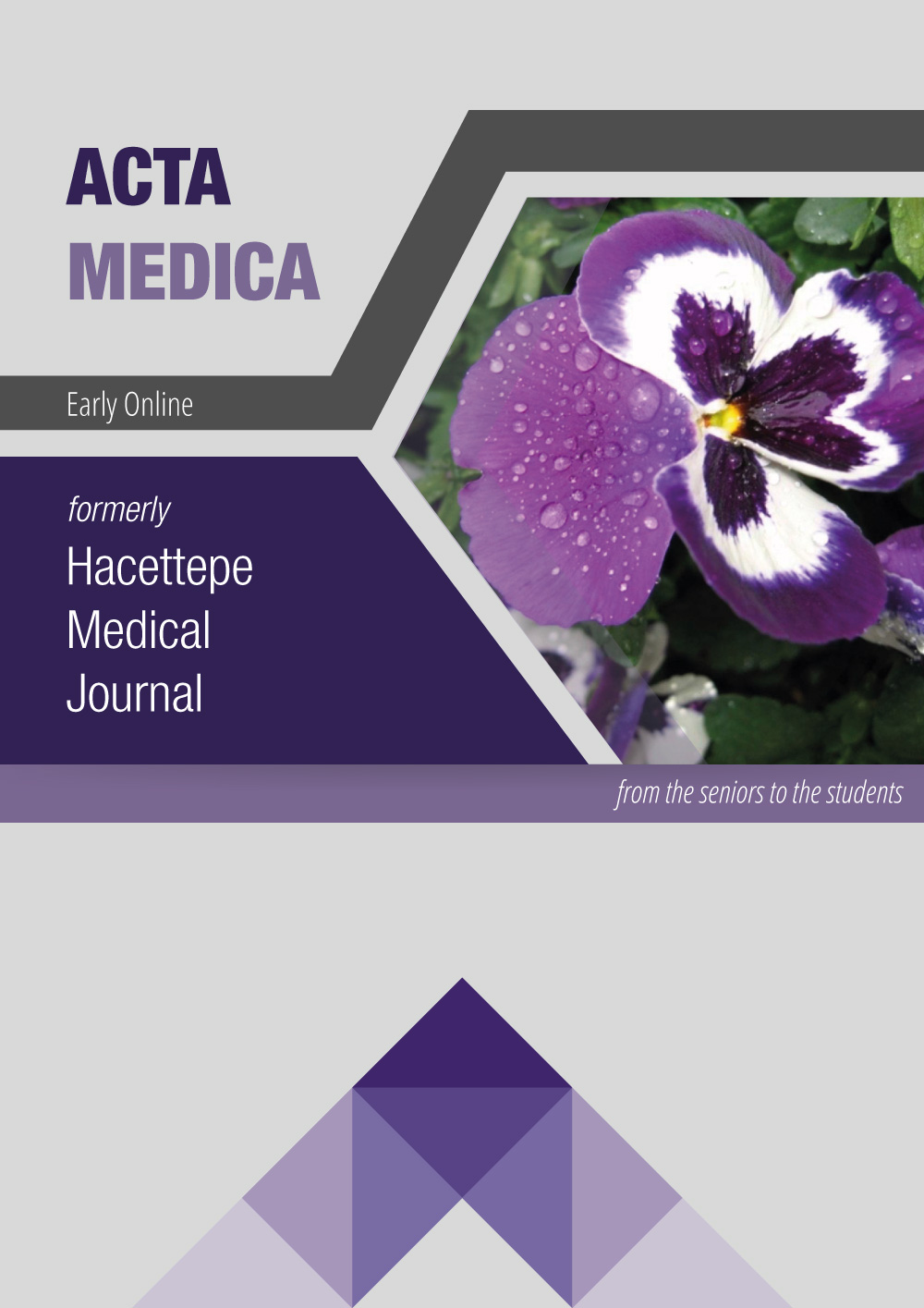Three-month Effects of Immunotherapy on Clinical Features and Pulmonary Function Tests of Patients with Allergic Rhinitis Concomitant with or without Asthma
DOI:
https://doi.org/10.32552/2020.ActaMedica.516Abstract
Objective: We aimed to evaluate our patient’s treatment responses to three-month immunotherapy for allergic rhinitis with or without asthma, and to investigate the factors affecting treatment
Material and Methods: A total of 53 patients receiving subcutaneous immunotherapy for allergic rhinitis with or without asthma were included in the study. All patients were positive for mite skin prick test. Asthma was present as a concomitant disease in 28(52.8%) patients. Patients with and without asthma were classified in two groups as “Allergic rhinitis + Asthma+” and “Allergic rhinitis+ Asthma-“. The values of pulmonary function tests of all patients, and in rhinitis with asthma patients, the Asthma Control Test scores before and after three months of treatment were recorded.
Results: In “Allergic rhinitis + Asthma+” and “Allergic rhinitis + Asthma-“groups, male/female ratio was 7/21 and 10/15, mean age was 33±9 and 32±9 years. No statistically significant differences were present between the pre-treatment and 3-month-treatment values of pulmonary function test. The difference between the pre-treatment and 3-month treatment asthma control test scores was strongly significant.
Conclusion: In allergic rhinitis, which is quite commonly associated with asthma, the control of asthma is also provided with the treatment of allergic rhinitis. By using pulmonary function test in allergic rhinitis and asthma control test in asthma, we showed that the effectiveness of allergen specific immunotherapy started in 3 months which was earlier from current literature.


